Category Archives: Pacific
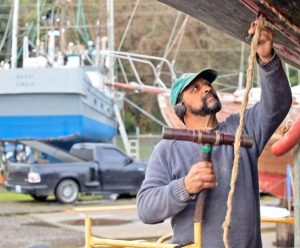
Hope, history and redemption abound at the boatyard
There’s the frugal albacore fisherman gearing up for another go on a Canadian boat named after an American animated film. There’s the historic fishing vessel from a famed fishing family that last graced local waters more than 50 years ago being fully restored and ready to return. There’s an all-aluminum commercial vessel being rebuilt and repurposed into a bigger, faster and more-capable craft. Stories of hope, history and redemption abound at the Port of Ilwaco Boatyard, where the sole public boatyard on the Pacific Coast of Washington draws a unique clientele each season. >click to read< 13:56
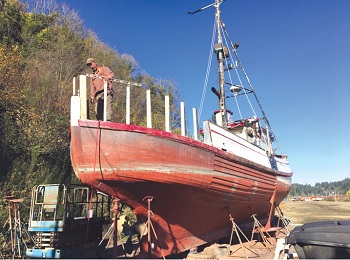
The Port of Toledo is busy and doing well
“We’ve been operating from a plan all along,” said Port Manager Bud Shoemake. “Ports in Oregon are required to have a business plan and an investment plan, too.” The board voted unanimously to award the foundation and the erection contracts to industrial general constructor JH Kelly, the Washington company the port purchased the building through. JH Kelly was the only company to bid on the erection of the building and was also the lowest of three bids for the foundation job. Shoemake explained. “We’ve got big boats stacked up in the boatyard right now and not much room. >click to read< 13:27
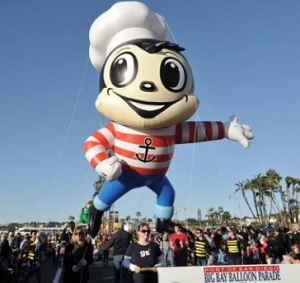
Bumble Bee Foods to File Bankruptcy, Sell Assets to Taiwanese Firm
Bumble Bee Foods announced Thursday it will file for bankruptcy and sell its assets to a Taiwanese company for $925 million. The bankruptcy sale comes in the aftermath of criminal fines and civil lawsuits against the San Diego company in the wake of a federal price-fixing case. “It’s been a challenging time for our company but today’s actions allow us to move forward with minimal disruption to our day-to-day operations,” said Jan Tharp, president and chief executive officer. >click to read< 16:53
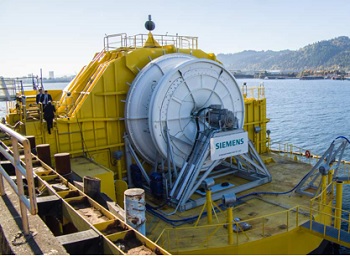
Wave Energy Tech Is Ready to Plug Into a Real Grid
In Hawaii, the OceanEnergy Buoy is slated to connect to the island of Oahu’s electric grid next month. The 749-metric-ton device was recently towed from Portland, Ore., to the U.S. Navy’s Wave Energy Test Site, where the bright yellow buoy will undergo a year of performance tests. The project builds on a decade of research and several smaller iterations, including a quarter-scale model that was tested for three years in Ireland’s Galway Bay. >click to read< 08:22
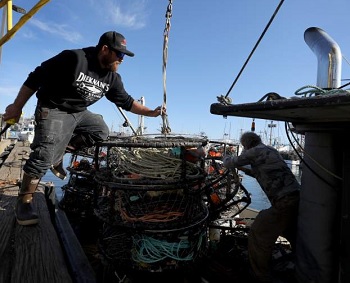
California agrees with crabbers to postpone Dungeness crab season
Bodega Bay’s commercial fishing fleet succeeded Wednesday in persuading state wildlife officials to postpone the opening of Dungeness crab season to safeguard protected whales species still lingering in the fishing grounds. In a move at the behest of the crab industry, Chuck Bonham, the state fish and wildlife director, agreed to push back the season opener to Dec. 15. Crab fishing was slated to open Friday along the coast from Sonoma to San Mateo counties. The decision is subject to two days of public comment ending Friday afternoon. >click to read< 07:17
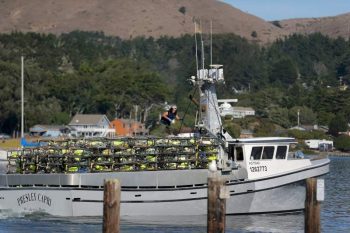
Bodega Bay crab fleet to sit out Dungeness opener to avoid whales, urging other ports to do same
Bodega Bay’s commercial crabbing fleet has agreed to voluntarily forgo Friday’s scheduled Dungeness crab season opener, an extraordinary step aimed to avoid potentially harmful encounters with endangered humpback whales,, The Bodega Bay fleet, which was unanimous in its decision Tuesday, is hoping to persuade nearby ports to follow suit, resisting the urge to get out on the water for the time being,,, >click to read< 08:00
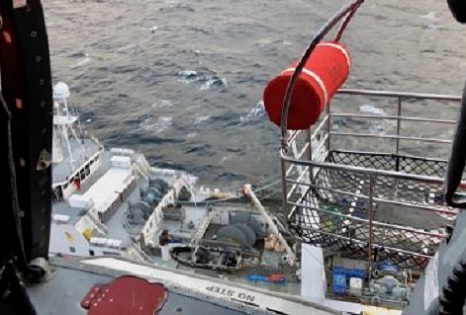
Coast Guard medevacs injured fisherman 10 miles off Oregon coast
A Coast Guard aircrew medically evacuated an injured fisherman Tuesday morning off the commercial fishing vessel Arctic Storm 10 miles southwest of Newport. An MH-65 Dolphin helicopter crew from Coast Guard Air Facility Newport rendezvoused with the Arctic Storm at 7:36 a.m., and hoisted a 21-year-old male off the fishing vessel and transported him to Samaritan Pacific Community Hospital in Newport for treatment. >click to reads< 17:53
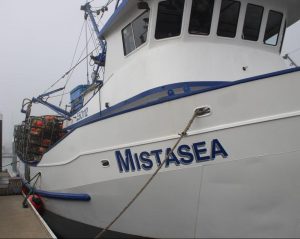
Dungeness Crab season’s delay causing instability
Randy Smith stood on the harbor sidewalk talking with a group of fellow fishermen, their large commercial fishing boats – piled high with empty crab traps – swaying at the docks. They had hoped to be fishing by now, but instead are left deciding where to go. Smith’s crew of five had planned to fish in their home waters during the holidays, but with the crabbing season delayed, they’re preparing for two months down south in his boat, the Mistasea. >click to read< 06:48
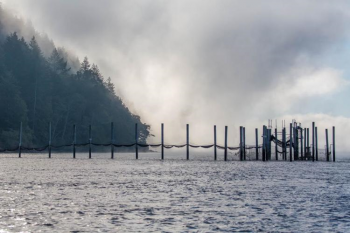
An experiment on the river – Researchers hope fish trap will be safer for wild fish
Fish traps have been outlawed in the Pacific Northwest for decades, but researchers plan to test an experimental trap in the Columbia River in hopes that it will be safer for wild fish than traditional fishing methods. Adrian Tuohy, a biologist and project manager for the Wild Fish Conservancy, said the proposed fish trap, also called a pound net, would be put in the Oregon side of the river so biologists can monitor how many fish are in the river and how many wild fish survive after being released. >click to read< 16:36
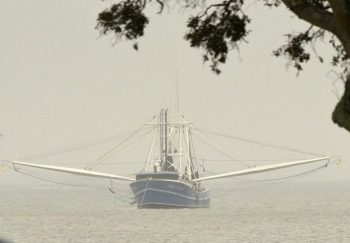
Illegal foreign fishing draws congressional eye
Nathan Rickard, representing local shrimpers through the Southern Shrimp Alliance, was one of the people invited to speak on a panel to the subcommittee. He said federal anti-dumping laws helped provide stability to an industry that received a massive hit from imported shrimp beginning in the late ‘90s. “Although the industry permanently had lost many shrimping families, and has struggled to maintain its foothold in some coastal communities, the threat that the industry would entirely disappear has abated,” Rickard said. “The U.S. shrimp industry currently produced about one out of every eight pounds of shrimp that are consumed in our country. >click to read< 10:10
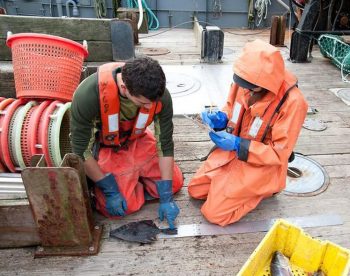
NOAA Wants More Cameras On Fishing Vessels And Fewer Biologists
John Hankins owns the boat “Courageous,” which he sails out of Warrenton on the northern Oregon coast. He had a smile after returning from 25 days fishing for albacore. “I’m full,” he said. “Both tanks!” The National Oceanic and Atmospheric Administration didn’t assign a fisheries observer to his boat this trip. But he said, it happens fairly regularly. “They’re usually not a problem for us,,, >click to read< 09:20
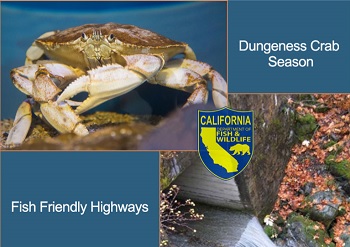
Hearing November 19th! State of the 2019-20 Dungeness Crab Season and Putting Fish Friendly Highways in the Fast Lane
Senator Mike McGuire, Chair of the. Joint Committee on Fisheries and Aquaculture (JCFA), and Assemblymember Mark Stone, Vice Chair, are hosting an important hearing next week on two critical topics: the upcoming Dungeness crab season and how fish passage barriers on our state highways are impacting species recovery. The hearing, titled: State of the 2019-20 Dungeness Crab Season and Putting Fish Friendly Highways in the Fast Lane will be held this coming. Tuesday, November 19 from 9 a.m. to noon at the State Capitol in Room 112. >click to read< 14:18
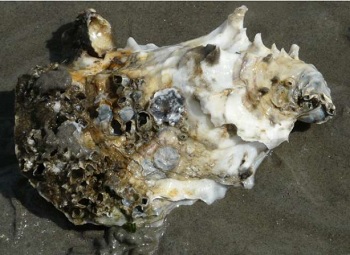
Microplastics found in oysters, clams on Pacific coast
Tiny threads of plastics are showing up in Pacific oysters and razor clams along the Oregon coast—and the yoga pants, fleece jackets, and sweat-wicking clothing that Pacific Northwesterners love to wear are a source of that pollution, according to a new Portland State University study. On average, the researchers found 11 microplastic pieces per oyster and nine per clam in the samples, and nearly all were microfibers, which can come from clothing made from synthetic or natural materials as well as derelict fishing gear. “These microfilaments can be shed from clothing, up to 700,000 per load of laundry,” Baechler said. “Those particles then travel out through greywater into wastewater and to the coast.” >click to read< 11:21
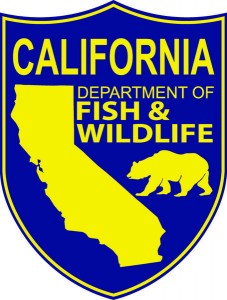
CDFW Announces Quality Delay for Commercial Dungeness Crab in Northern Fishery, and Important Updates to Pending Opening in Central Fishery
In a memo released today (11/15), CDFW Director Charlton H. Bonham delayed the northern California commercial Dungeness crab season due to poor crab meat quality test results. The delayed area in the north includes Mendocino, Humboldt and Del Norte counties (Fish and Game Districts 6, 7, 8 and 9). The northern Dungeness crab fishery is delayed until 12:01 a.m. on Monday, Dec. 16, 2019 pending another round,,, >click to read< 09:03
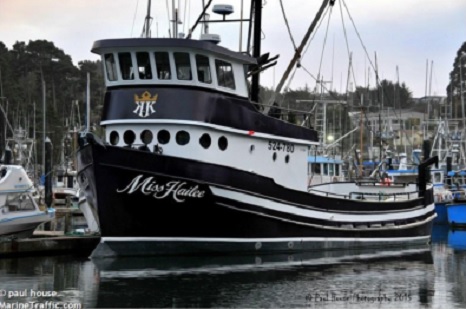
F/V Miss Hailee: Fort Bragg fishing vessel suddenly lay on its side and went down, losing one on board
There had been no obvious sign of trouble, no advance warning, in the moments before the Miss Hailee suddenly began to tilt onto its side during a routine fishing trip off the North Coast last weekend, according to Brian Kelley, whose family owns the commercial vessel. Then, for reasons still unknown, the boat capsized and sank,,, The resulting loss of a young deckhand, Arnulfo “Amigo” Santiago, has left his tight-knit group of co-workers grief-stricken, as people around Fort Bragg’s Noyo Harbor mourn a hard worker and friend. >click to read< 08:57
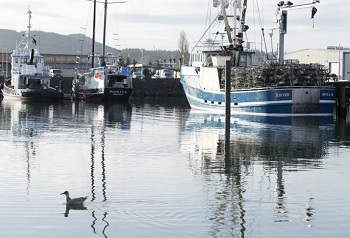
Maritime industry leaders discuss challenges at symposium
Skagit County’s maritime economy includes everything from boat building and manufacturing, to commercial fishing and recreational boating, to the businesses that support them. A group of maritime leaders is working to address the biggest challenges in the industry, and put Skagit County on the map as part of the statewide Washington Maritime Blue Strategy. A symposium was held in La Conner Wednesday afternoon to kick off the new maritime cluster. > click to read< 07:08
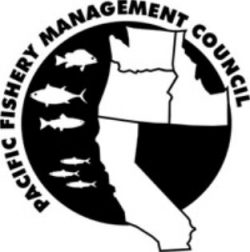
Pacific Fishery Management Council meeting November 14-20, 2019 in Costa Mesa, CA.
The Pacific Fishery Management Council and its advisory bodies will meet November 14-20, 2019 at the following location: Hilton Orange County/Costa Mesa 3050 Bristol Street Costa Mesa, CA 92626 Phone: 714-540-7000. Briefing Book >click here< Listen to the meeting on the internet, >click to connect<More info, >click here< 13:25
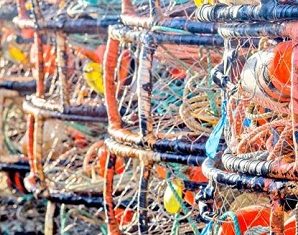
Commercial crab season delayed until at least Dec.15
West Coast Dungeness crab Tri-State managers agreed Nov. 13 to delay the start of the 2019-20 season until at least Dec. 15 because crab are slow to put on meat this year. The delay affects the coast from Point Arena, California north to the U.S./Canada border. Tri-State Dungeness Crab Pre-Season Testing Protocols specify that after the first round of testing, if any area does not meet the minimum meat recovery criteria,,, >click to read< 18:44
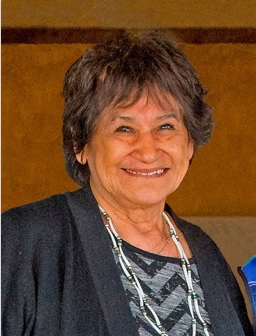
Being Frank: Salmon coalition a return to cooperation
The Billy Frank Jr. Salmon Coalition is looking forward to another year of working together to accomplish responsible management through responsible leadership. We formed the coalition of tribal, state and local policy leaders, sport and commercial fishermen, conservation groups, scientists, business and others following the inaugural Billy Frank Jr. Pacific Salmon Summit in March 2018. Our goal is to return to the kind of cooperation that has always been the key to natural resources management in our region. by Lorraine Loomis >click to read< 08:59
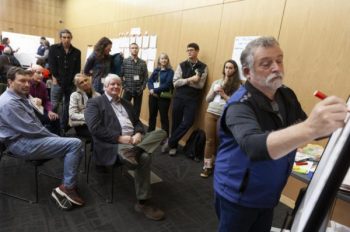
Solutions sought to ease conflicts over Southeast Alaska’s rising sea otter populations
A hundred years ago, the fur trade wiped out sea otters in Southeast Alaska. They were reintroduced in the 1960s with 412 animals brought from Amchitka Island and Prince William Sound. Since then, they’ve done really well. The last official estimate in 2012 shows that there are more than 25,000 of them. But their success has changed their environment as they’re a keystone species. “Many of those effects are really disruptive to the existing, you know, commercial activities like shell fisheries that have developed.” >click to read< 07:57

Fort Bragg fishing community mourning loss of missing fisherman presumed dead
The Fort Bragg fishing community grieved Monday that one of their own remained lost at sea after a fishing boat overturned Saturday in rough waters off the Sonoma Coast, sending the man still missing and three others into the ocean. The four fishermen were hired crew working on the Miss Hailee trawling Saturday afternoon for cod and other fish. >click to read< 07:12

A reminder from Sam Parisi to those interested in creating and implementing a U.S. Fish Bill
Greetings to all commercial fishermen, fish processors, equipment suppliers, politicians, and citizens, that are interested and supportive of creation of the U.S. Fish Bill. It is important that we create an atmosphere of unity and inclusion for all to reach out to their political representation, and inform them of need for a major Bill supporting all segments of the U.S. Fishing industry, and ask that they get involved. I am asking Senator Bruce Tarr, and Rep. Ann-Margaret Ferrante to attend. The meeting will be held at the Gloucester City Hall November 21 at 7 pm. For developing info, and input of idea’s, please call me! Thank you, and best regards! Sam Parisi, Gloucester Mass. at 978 491 7722 06:45

Dungeness crab fishing season delayed due to whale and sea turtle entanglement risk
Charlton Bonham, director of the Fish and Wildlife department, issued a decision to postpone the start date for California Dungeness crab fishermen south of the Mendocino/Sonoma County line for one week — from Nov. 15 to Nov. 22. The decision was based on data indicating the prevalence of whales in the area. Bonham’s decision to minimize entanglement risk follows a court-approved agreement with the Center for Biological Diversity, a Phoenix-based environmental nonprofit that in 2017 sued the wildlife agency,,, >click to read< 16:52

Coast Guard suspends search for missing man after boat capsizes near Bodega Bay
The Coast Guard suspended their search Sunday morning for a man who was missing after Coast Guard crews rescued three people Saturday evening from a capsized commercial fishing boat approximately 30 miles northwest of Bodega Bay.,, An emergency position-indicating radio beacon from the 54-foot Miss Hailee notified Coast Guard Sector San Francisco watchstanders of a distress at approximately 5:30 p.m. Saturday. Video, >click to read< 08:23
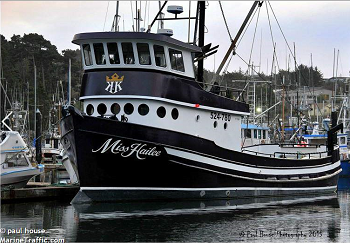
Capsized commercial fishing boat off Bodega Bay coast identified as Fort Bragg-based Miss Hailey
Coast Guard resources are still engaged in a search for one man after rescuing three other people Saturday night, but that search may soon be paused due to weather conditions, Coast Guard Sector San Francisco Lt. Jg. Chris Greenwood said in a phone interview Sunday morning. “Typically off Bodega Bay, weather is extremely rough out there,” Greenwood said. “It limits how long we can stay on scene.”,,, Greenwood said officials don’t know if the man lost at sea was wearing a wet suit or a dry suit, saying only that he was wearing a life jacket. >click to read< 15:25

Coast Guard rescues 3, continues search for 1 after boat capsizes off Bodega Bay
The Coast Guard rescued three people Saturday evening after a commercial fishing boat capsized approximately 30 miles north of Bodega Bay, while a search continues for the last man aboard the boat. An emergency position-indicating radio beacon from the 54-foot Miss Hailee notified Coast Guard Sector San Francisco watchstanders of a distress at approximately 5:30 p.m. >click to read< 06:57
Three rescued, one still missing in ocean search off Bodega Bay coast – >click to read<
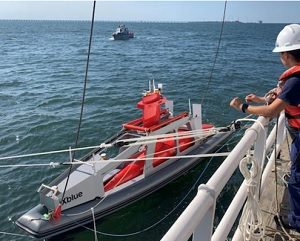
Scientists breathe easier as west coast ocean heat wave weakens
Nate Mantua of the National Oceanic and Atmospheric Administration said the “good news” is that the area of exceptionally warm water is substantially smaller now than it was earlier this year. And while the area about 1,500 kilometres offshore between Hawaii and Alaska is still seeing high temperatures by historical standards, it is “simply not nearly as large as it was and it is no longer strong in areas near the west coast,” he said. Scientists have been watching a marine heat wave that developed around June this year,,, >click to read< 15:01
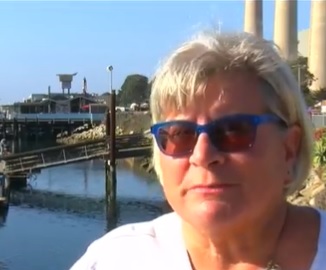
Morro Bay: Local fishermen, businesses impacted by delay of Dungeness crab fishing season
It’s a season that has already been cut by two-and-a-half months and for some fishermen, it’s becoming harder to keep their businesses afloat. “Could you go home and take a week off with no pay? Or two weeks, or three months like we’re forced to? Not very many people can,” said Lori French. French and her husband own a fishing boat in Morro Bay. Their main catch is Dungeness crab. >click to read< 07:51
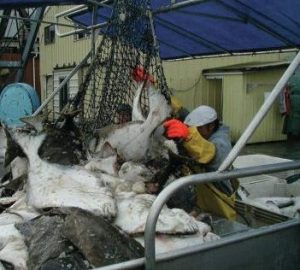
Halibut bycatch increases as council considers cod options
Data released preceding the International Pacific Halibut Commission’s upcoming interim meeting shows that almost all the regulatory areas of Alaska from Southeast to the Bering Sea — areas 2C through 4E, respectively — caught more halibut as bycatch in the 2019 season than they did in 2018, with the exception of area 4B, which covers the western Aleutian Islands. Coastwide, from California and British Columbia through the Bering Sea, bycatch increased by more than 1.5 million pounds,,, >click to read< 15:48

































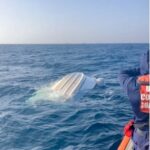
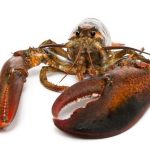
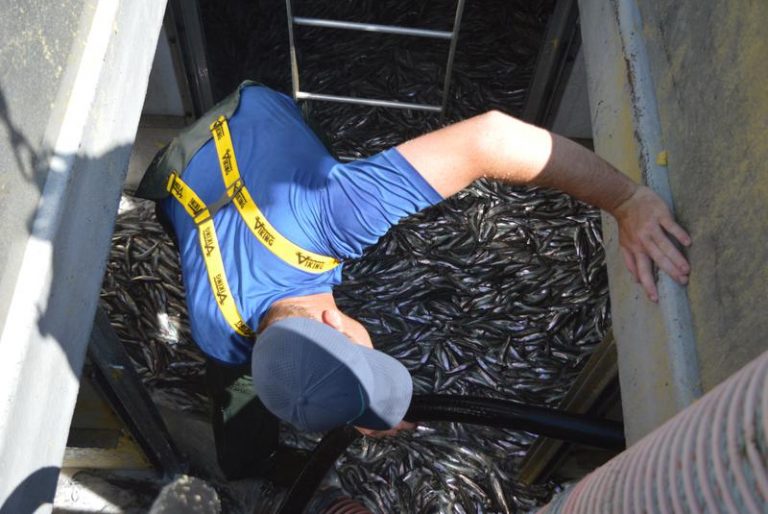
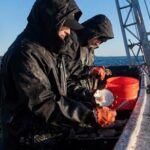


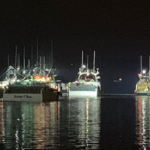

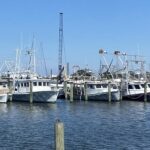
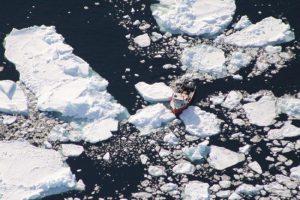







Coast Guard seeks public comment regarding bar entrances in central, northern California
The Coast Guard initiated a public comment period Thursday pertaining to proposed safety requirements at several bar entrances in central and northern California. Regulated Navigation Areas are being proposed for the harbor bar entrances to Crescent City Harbor, Humboldt Bay, Noyo River and Morro Bay. The proposed regulation would create additional safety requirements for recreational and small commercial vessels operating in these areas during periods of hazardous conditions,,, >click to read< 17:36
Share this post